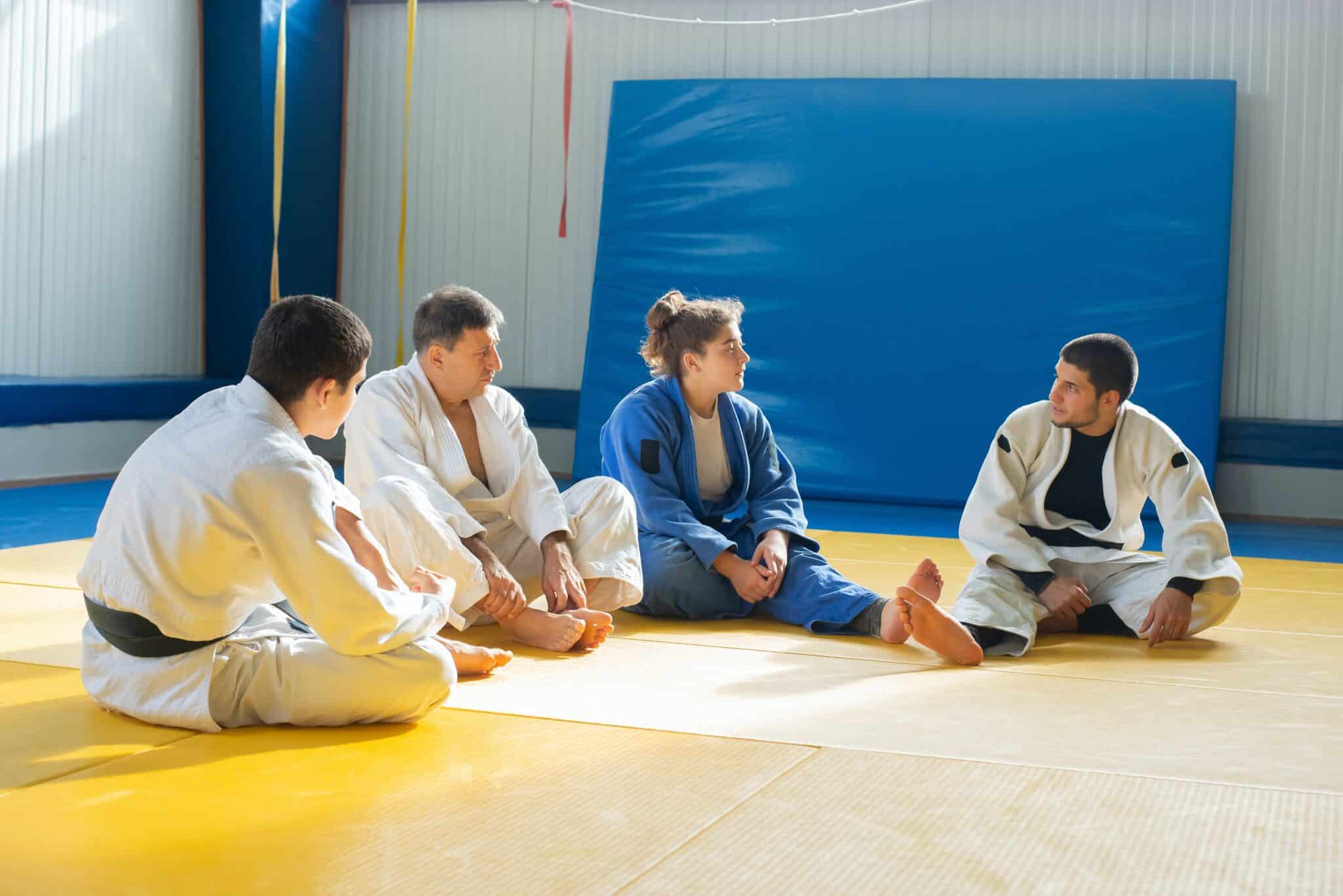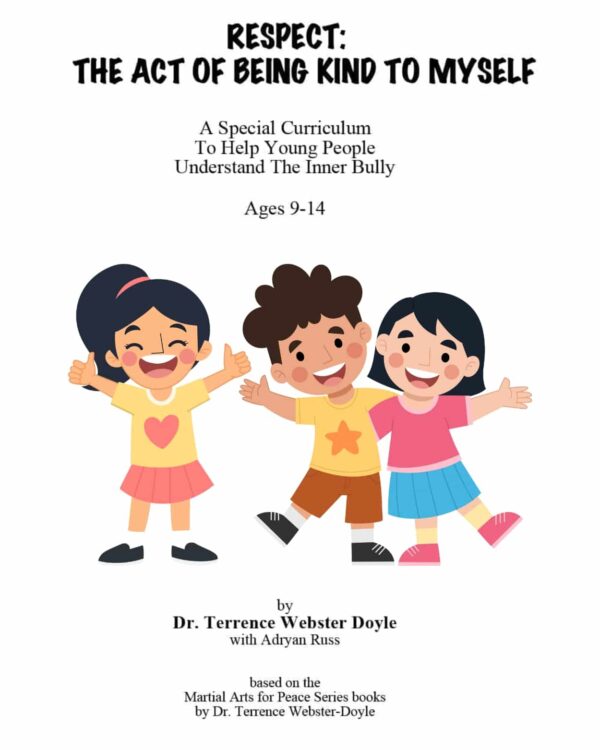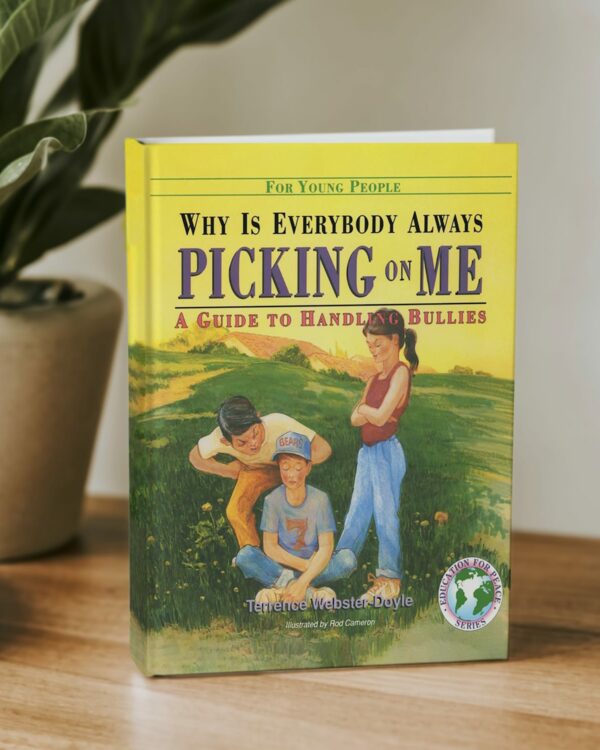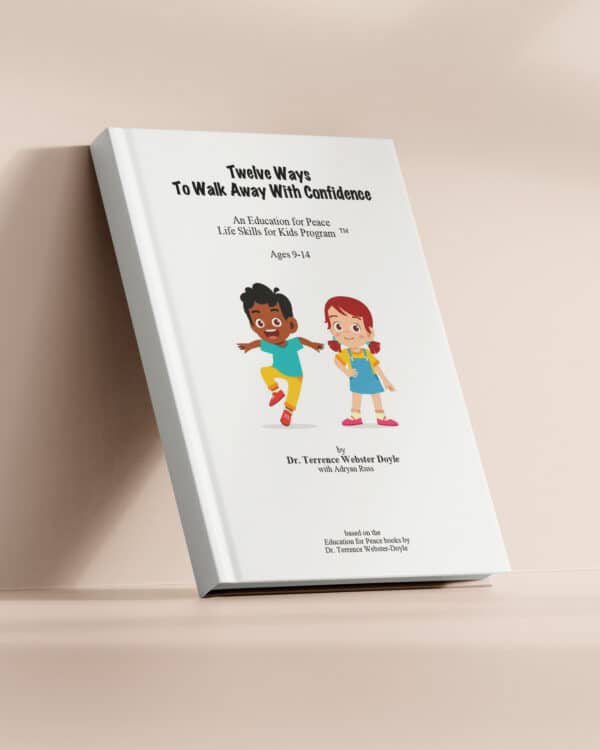The Negative Effects of Constant Positive Reinforcement

Editor’s Note: This piece is part of a long-running column by Dr. Terrence Webster-Doyle, where he answered real letters from martial arts instructors, parents, and educators about the challenges of teaching character, respect, and self-awareness. In this column, he explores the hidden downsides of constant positive reinforcement and how it can affect kids’ growth and motivation.
Exploring the Negative Effects of Constant Positive Reinforcement
“Dr. T, I am an assistant instructor at a well-known martial arts school.
I am worried about how we teach kids, how we motivate them. I think that we are creating problems by the way we have taught them to think of themselves. I have seen big egos being created. They seem so into themselves. Many of them are so competitive with each other. They are like little aggressive adults, way beyond their years.
The owner and the top instructors constantly reward the kids for everything they do. Everything the kids do is considered “awesome.” I mean “totally awesome!” Every move they make is applauded and cheered. The kids are constantly getting rank advancement but their form is really bad. Nobody has really corrected them to do their techniques the right way.
And the kids keep getting all these badges and stars for rewards. Some of them have so many patches they look like those race-car drivers with all those advertisements sewn over their uniforms.
Not only is their form really bad but also their attitude is blown way out of proportion. Especially the ones who perform at tournaments. Everything is “High Five” and so completely positive that these kids believe that whatever they do is really incredible.
But what really bothers me is that people really eat it up! I mean the parents just love to see their kids with all these patches and belts. They have little kids as young as 8 years old as Black Belts! What’s left for them after this? What do you think of these constant positive rewards? Is it harmful?”
Thanks.” (Name withheld)
Dr. Terrence Webster-Doyle Responds
“Dear (name withheld)
You have touched on a very significant issue that has very important implications, individually and socially. The use of constant rewards has as its logic that if you feel bad about yourself, then just think positive, if you think that you can’t do something, just think positive.
It’s a very simplistic approach that really doesn’t work. It is actually harmful because it gives one a false, inflated sense of who one is and what one can do. What is important is to truthfully, factually understand exactly who you are and what you realistically can do.
This doesn’t mean that you shouldn’t have high goals or that you should take “second best.” Having realistic, high standards is important in character development. It’s good to praise someone for a “job well done.” It is also important to be constructively critical of a person’s behavior. And sometimes it’s necessary to give some tough love and “tell it like it is.”
But constant positive reinforcement is not positive; it has negative effects. Constant positive reinforcement is based on the desire to be “somebody.”
It is based on a reaction to thinking that you are a nobody and that anybody who is somebody needs to think positively about who they are. It is a shortcut to success based on the image of what, for example, a “Black Belt” means in the martial arts.
I have seen ads for martial arts schools promising that if you become a Black Belt that you will be a success in everything in life – from your love life to success in the board room. It’s what is called a “fake it till you make it” method of success.
This is not new.
The pop self-help gurus have for years used this as a way to manipulate people, to give them a false sense of self-importance. The advertising industry is built on this. “You are only good and or will be accepted if…” is what they play on.
And this has too often been taken over into martial arts schools because it “works;” it seems to have a positive effect on motivating people’s behavior, especially children, because they are impressionable. Children are easily influenced by this method of constant rewards because they are already conditioned to want it by the media.
So it’s easy to get them to do what we want because they are already “programmed” for it. But this form of manipulation can only create false expectations in young people and an exaggerated sense of themselves, one that is not realistic.”





